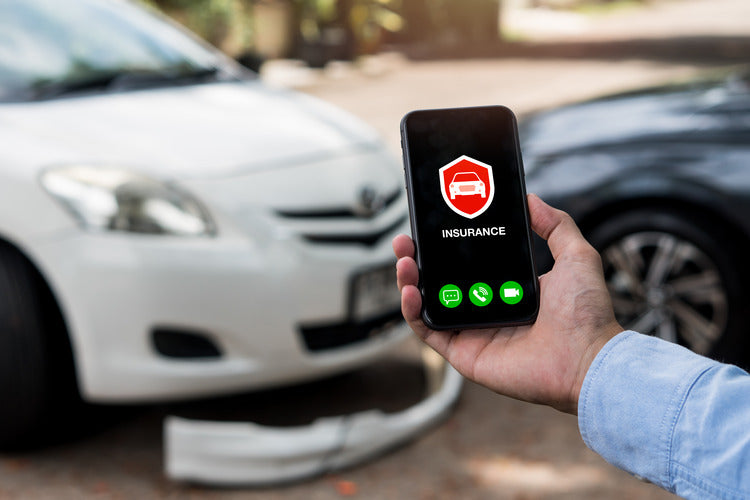Mastering the Art of Securing a Great Car Lease Deal
Car leasing has become a popular option for individuals who want to drive a new vehicle without the long-term commitment of ownership. Getting a good deal on a car lease requires careful research, negotiation skills, and an understanding of the leasing process. In this comprehensive guide, we'll explore strategies, tips, and considerations to help you secure a favorable car lease deal that aligns with your budget and preferences.
Research Your Desired Vehicle
Before you even step foot in a dealership, conduct thorough research on the make and model of the car you're interested in leasing. Consider factors like MSRP (Manufacturer's Suggested Retail Price), depreciation rates, and the vehicle's residual value (its estimated worth at the end of the lease term). Websites, forums, and automotive publications can provide valuable insights into the best vehicles for leasing.

Understand Lease Terminology
Familiarize yourself with essential leasing terminology, such as the money factor (equivalent to the interest rate), residual value, acquisition fee, and capitalized cost. Having a clear grasp of these terms will enable you to better understand the leasing contract and negotiate effectively with the dealer.
Set a Realistic Budget
Determine how much you're willing to spend on a monthly lease payment. A general rule of thumb is to allocate no more than 15% of your monthly income to lease payments. Keep in mind that this figure should include the base lease payment as well as additional costs like taxes and fees.
Compare Lease Offers
Visit multiple dealerships and obtain lease quotes for the same make and model. This allows you to compare offers and identify the best deal. Online comparison tools and lease calculators can assist in evaluating different offers side by side.
Negotiate the Capitalized Cost
The capitalized cost is essentially the selling price of the vehicle for lease purposes. Negotiate this price just as you would when buying a car. Research the fair market value of the vehicle and aim to negotiate the capitalized cost lower than the MSRP.
Pay Attention to the Money Factor
The money factor is akin to an interest rate in leasing. A lower money factor translates to a lower overall lease cost. Dealers have some flexibility in setting the money factor, so be prepared to negotiate this rate.
Consider Lease Incentives
Manufacturers often provide lease incentives, such as cash rebates or reduced money factors, to entice customers. Research ongoing incentives for the make and model you're interested in and factor them into your negotiations.
Opt for a Longer Lease Term
Choosing a longer lease term can result in lower monthly payments. However, be cautious, as longer terms may lead to higher total lease costs due to increased depreciation and maintenance expenses over time.
Be Mindful of Mileage Limits
Lease agreements come with mileage limits, typically ranging from 10,000 to 15,000 miles per year. If you anticipate exceeding these limits, negotiate a higher mileage allowance upfront to avoid costly overage charges at the end of the lease.
Evaluate Lease-End Options
As you negotiate, consider the end-of-lease options. Some leases offer the possibility to purchase the vehicle at the end of the term, while others allow you to return the car hassle-free. Understand these options and factor them into your decision-making process.
Conclusion
Getting a good deal on a car lease requires a combination of research, negotiation skills, and an understanding of the leasing process. By arming yourself with knowledge about the vehicle, lease terms, and industry trends, you can confidently navigate the negotiation process and secure a lease agreement that aligns with your budget and preferences. Remember that patience, due diligence, and effective communication with dealers are key to landing a favorable car lease deal.




